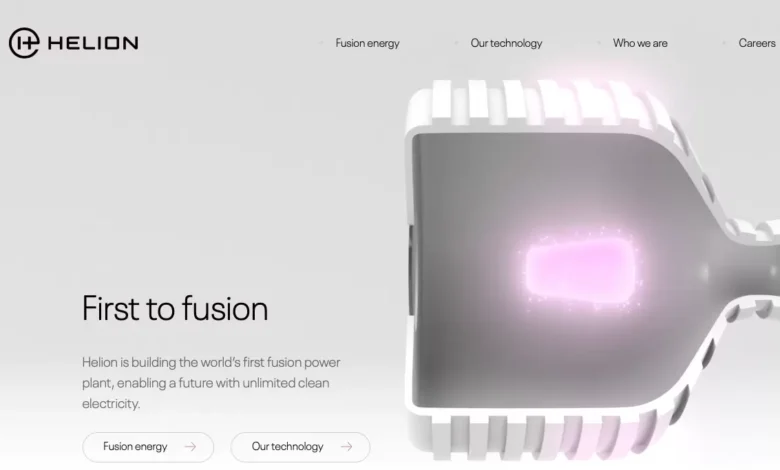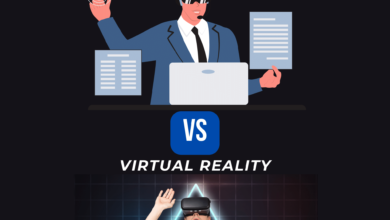Case Study: Helion & Microsoft – The First Fusion Power Purchase Agreement (PPA)

Overview:
In May 2023, a historic milestone was achieved in the commercial fusion energy sector when Helion Energy and Microsoft signed the world’s first fusion-based Power Purchase Agreement (PPA). This agreement commits Helion to deliver 50 megawatts (MW) of clean, fusion-generated electricity to Microsoft by 2028.
Key Terms of the Agreement:
| Parameter | Details |
|---|---|
| Location | Washington State, USA |
| Customer | Microsoft |
| Provider | Helion Energy |
| Capacity | 50 MW (initial), with potential for post-2028 scale-up |
| Delivery Type | Firm (dispatchable, non-intermittent power) |
| Fuel Type | Deuterium–Helium-3 (Helion’s proprietary approach) |
| Purpose | Clean power for Microsoft data centers and carbon offset targets |
Strategic Significance:
First Commercial Fusion Agreement
This agreement is the first of its kind globally—a private-sector contract to purchase electricity generated through nuclear fusion, not fission or renewables. Until this point, fusion energy had been largely confined to research laboratories and government-sponsored projects. The PPA signaled that fusion is entering commercialization phase, not just experimentation.
Validation from a Tech Titan
Microsoft’s involvement is more than symbolic. As one of the world’s largest technology companies—with sprawling cloud infrastructure and ambitious carbon-neutrality goals—it lends institutional credibility to Helion’s claims and timeline. Microsoft’s support also implies confidence in the engineering maturity and scalability of Helion’s Magnetized Target Fusion (MTF) technology.
“This isn’t a science experiment anymore. This is a product.”
— Brad Smith, Microsoft President
A New Model for Enterprise Power Purchasing
Traditionally, companies like Microsoft have signed PPAs with wind or solar providers. Fusion offers a firm, zero-carbon alternative that doesn’t depend on weather or daylight. The Helion PPA thus represents a paradigm shift in clean energy procurement, introducing fusion as a dispatchable base-load power source—something renewables cannot consistently offer without storage.
Broader Implications:
-
Catalyst for Future PPAs:
This PPA sets a precedent. If successful, it could trigger a wave of similar contracts between fusion startups and corporations with sustainability mandates—especially data center operators, tech giants, and heavy industry. -
De-risking Fusion Commercialization:
The deal encourages private investment by showing a clear revenue path: fusion power is now contractually monetizable. This could accelerate funding across the fusion ecosystem and help startups compete with well-funded projects like ITER. -
Carbon Neutrality & ESG Impact:
With increasing regulatory and investor pressure on carbon reduction, such agreements help firms like Microsoft meet ESG (Environmental, Social, Governance) goals and achieve net-zero targets through innovation, not just offsets. -
Geopolitical & Energy Security Dimensions:
The US-based nature of the project underscores a broader trend: energy sovereignty through advanced technology. By backing domestic fusion, Microsoft is also investing in American energy independence and tech leadership.
Conclusion:
The Helion-Microsoft PPA is a turning point in energy history. It transitions fusion from “the energy of the future” to a near-term, contracted reality. If Helion succeeds in delivering power by 2028, it will not only validate its technology but also prove that fusion can be a scalable, profitable part of the global energy mix—starting with one of the world’s most influential companies.



